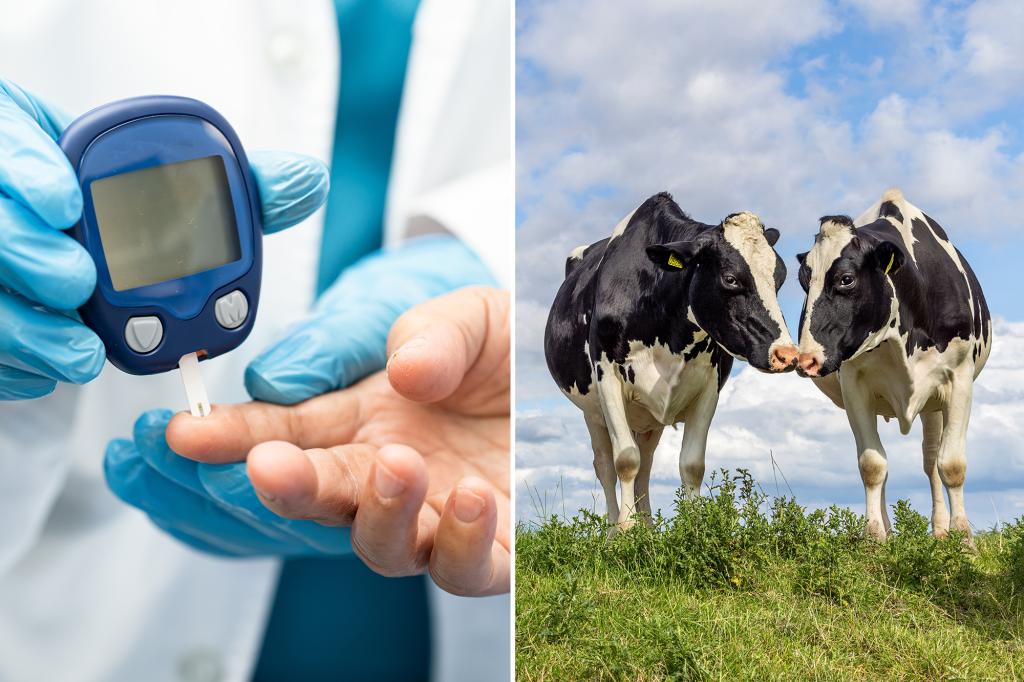A new study conducted by professors at the University of Cambridge in England suggests that consuming processed meats and red meats may increase the risk of developing Type 2 diabetes. The study analyzed data from nearly 2 million people from 31 studies in 20 countries to come to this conclusion. They found that consuming 50 grams of processed meat a day was associated with a 15% higher risk of Type 2 diabetes, while 100 grams of unprocessed red meat per day was associated with a 10% higher risk. Eating 100 grams of poultry per day was linked to an 8% increased risk.
Lead study author Nita Forouhi from the University of Cambridge stated that their research provides the most comprehensive evidence to date of the link between processed and unprocessed red meats and a higher future risk of Type 2 diabetes. She emphasized the importance of limiting the consumption of these meats to reduce the number of Type 2 diabetes cases. While the link between poultry consumption and Type 2 diabetes remains uncertain and needs further investigation, Forouhi suggests that it might be a contributing factor to the disease.
Type 2 diabetes occurs when the body fails to produce enough insulin or is unable to use it properly. In the United States, more than 38 million people suffer from diabetes, making it the eighth leading cause of death in the nation. Previous research has indicated that consuming more than one serving of red meat a day could lead to a 62% higher risk of developing Type 2 diabetes. The US Department of Agriculture recommends limiting daily consumption of meat, poultry, and eggs to 4 ounces and suggests avoiding processed meats more than once a week.
The study by the University of Cambridge researchers offers several explanations for the possible link between meat consumption and Type 2 diabetes risk, including the high levels of animal protein and iron present in meat. Heme iron, which is predominantly found in red meat, has been associated with an increased risk of Type 2 diabetes and inflammation. Some studies have also suggested that heme iron intake could be linked to other types of cancer, such as colorectal, pancreatic, and lung cancer.
Dr. Ruchi Mathur, an endocrinologist at Cedars-Sinai in Los Angeles, has highlighted both the benefits and drawbacks of consuming red meat. While red meat is a good source of protein, vitamins, and minerals, it is also high in saturated fats, sodium, and preservatives, which can be detrimental to health. Moreover, meat consumption can negatively impact insulin sensitivity and the cells in the pancreas that produce insulin, which are crucial factors in the development of Type 2 diabetes.
Despite some limitations in the study, such as inaccuracies in self-reported dietary habits and potential unaccounted variables, the University of Cambridge researchers believe that their work provides substantial evidence of the association between different types of meat consumption and the risk of developing Type 2 diabetes. Their findings highlight the importance of dietary choices in managing health risks and preventing chronic conditions like Type 2 diabetes.















